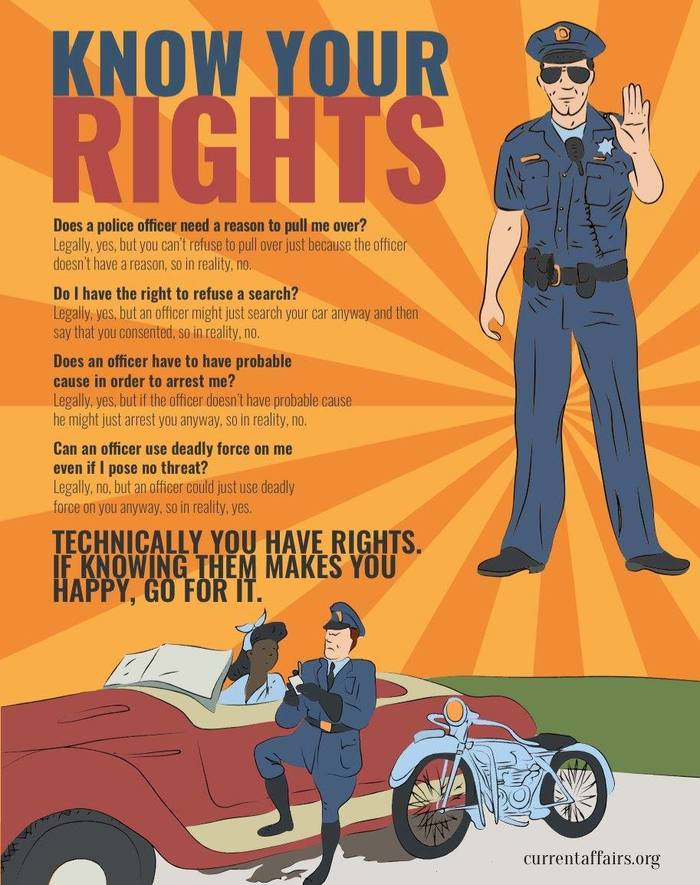The government of China, like most communist regimes, isn’t big on free expression. Expressing ideas that go against the state’s teachings can result in anything from spending some time in a reeducation camp to being outright executed. Although the Chinese government’s image has softened quite a bit since the days when Mao was killing millions, it still isn’t a teddy bear by any regard. For example, the regime is now cracking down on booksellers who traffic banned titles:
Lam Wing-kee knew he was in trouble. In his two decades as owner and manager of Hong Kong’s Causeway Bay Books, Lam had honed a carefully nonchalant routine when caught smuggling books into mainland China: apologize, claim ignorance, offer a cigarette to the officers, crack a joke. For most of his career, the routine was foolproof.
[…]
On Oct. 24, 2015, his routine veered off script. He had just entered the customs inspection area between Hong Kong and the mainland when he was ushered into a corner of the border checkpoint. The gate in front of him opened, and a phalanx of 30 officers rushed in, surrounding him; they refused to answer his panicked questions. A van pulled up, and they pushed him inside. Lam soon found himself in a police station, staring at an officer. “Boss Lam,” the officer cooed with a grin. Lam asked what was happening. “Don’t worry,” Lam recalls the officer saying. “If the case were serious, we would’ve beaten you on the way here.”
[…]
Over the next eight months, Lam would find himself the unwitting central character in a saga that would hardly feel out of place in one of his thrillers. His ordeal marked the beginning of a Chinese effort to reach beyond the mainland to silence the country’s critics or their enablers no matter where they were or what form that criticism took. Following his arrest, China has seized a Hong Kong billionaire from the city’s Four Seasons Hotel, spiriting him away in a wheelchair with his head covered by a blanket; blocked a local democracy activist from entering Thailand for a conference; and repatriated and imprisoned Muslim Chinese students who had been in Egypt.
I have a lot of respect for individuals to trade in prohibited information. They’re the ones who ensure that any attempt at censorship fails in the long run. However, a lot of them often die before the information becomes so widely disseminated that censorship efforts are no longer feasible.
As China continues rising to dominance, it’ll be interesting to see how it attempts to expand its power outside of its borders. With how big of a market China is, I wouldn’t be surprised if it attempts to put pressure on international publishers in the future by refusing to allow them to sell any of their titles inside of the country if they publish a single undesirable title outside of the country (I also wouldn’t be surprised if this is already happening and I’m simply unaware).
